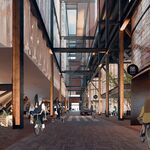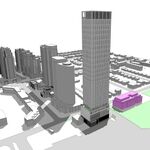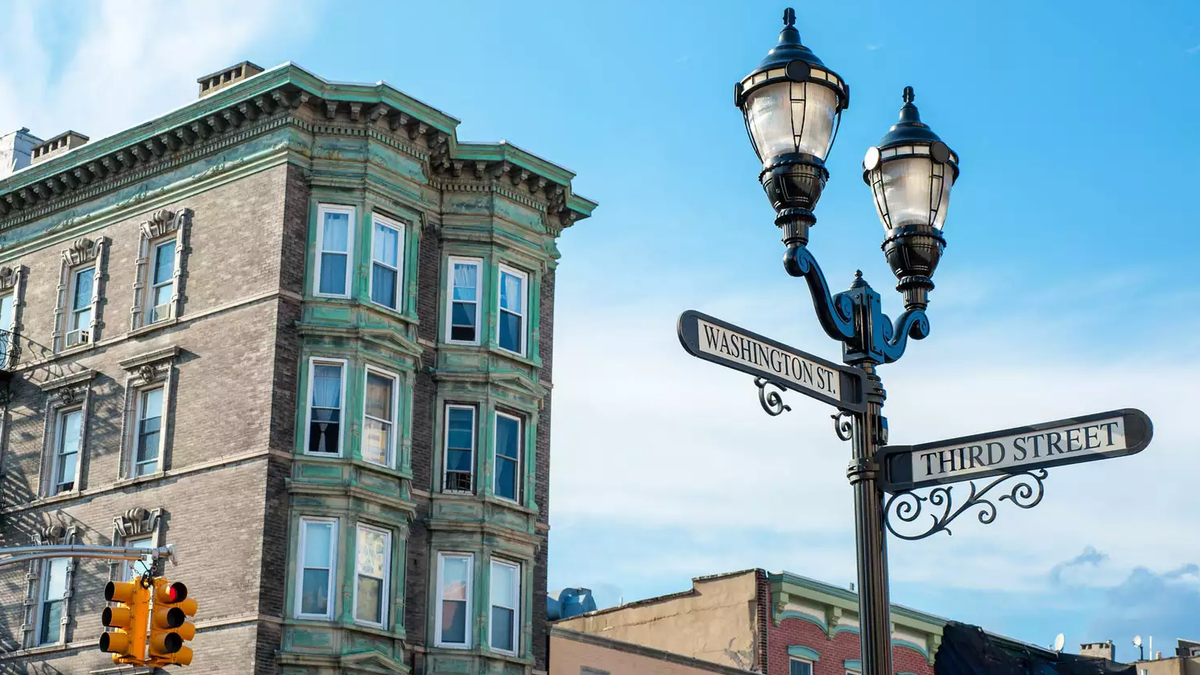allengeorge
Senior Member
Honestly, if someone wants to smuggle in illegal license plate covers, let them go for itI'm not so sure this is workable. I sure don't want the customs officers at the border feeling the need to pop more trunks in case someone is smuggling in aftermarket car parts. That may be desirable when they suspect drug or weapons smuggling, but there are limits.
Maybe it’s both. There are publicized instances of police acting above the law. That aside, I’m curious why you think if police find traffic stops dangerous and not worth their time - why another department would feel differently? Do stops become more safe if someone other than a police officer does it?The issue in enforcement is not police being "untrustable" - it's the reality that they are too busy. And traffic stops are generally unsafe, so police officers have to make decisions whether the risk and time and paperwork is appropriate for the offence. That's why I would like to see license plate enforcement handed off to others, not as a slight to the police but to recognize the realities of what they can and can't attend to.
EDIT: I am supportive of your proposition of removing road safety work from the police.








